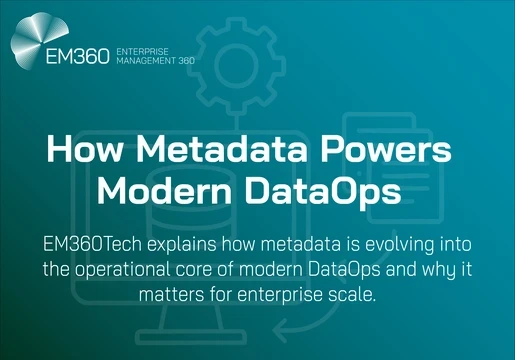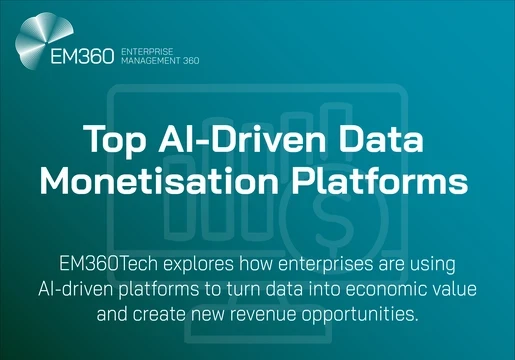
Implementation challenges
According to SAS, implementing an analytics platform has “shown great promise in growing the strategic value of analytics and in fostering innovation.” However, many organisations are yet to incorporate data analytics into their operations.The majority of respondents (65%) recognised that data analytics is valuable in the enterprise. Despite this, just 39% said that it is crucial to their business strategy and just 35% said that they used data analytics for tactical projects. While over 80% said that analytics had reached the boardroom, 35% had deployed data analysis at an enterprise scale. However, machine learning could change that by providing an automated process.Automated Machine Learning
Big Squid is an innovative company that brings machine learning to the business user. The fully integrated machine learning platform Kraken eliminates "barriers between business users and the machine learning insights they need to make smarter, faster decisions." As the company states, the idea of applying machine learning to data initially sound quite daunting. However, Big Squid created the Kraken platform in order to solve this following "thousands of Data & Analytics engagements." The platform essentially automates many of the key steps in the data science workflow. In effect, this streamlines the data analytics process and improves collaboration between technology and business teams.
Four simple steps
Kraken automatically pulls data through direct integrations with a company's data warehouse or business intelligence platform. Alternatively, enterprises can upload data directly into Kraken to "immediately gain new insights" and explore their data without writing code. Next, the platform allows users to quickly recognise patterns in their data. Using the automated data analysis and algorithm selection, Kraken uncovers "the relationships between data points" that affect overall business outcomes. Custom models also allow companies to make predictions on their data. By running “what if” scenarios, enterprises can better understand the effect their actions could have and "collaborate with other stakeholders to determine which of those actions" a business should take. Finally, users can "push predictions" back to their BI platform or data warehouse of choice. As a result, this will enhance visualisations in those platforms with forecasts and driver metrics.
What are the main challenges in trade surveillance and machine learning? Listen to our podcast with Mark Hudson, Event Processing Specialist of the Office of the CTO at TIBCO Software to find out







Comments ( 0 )